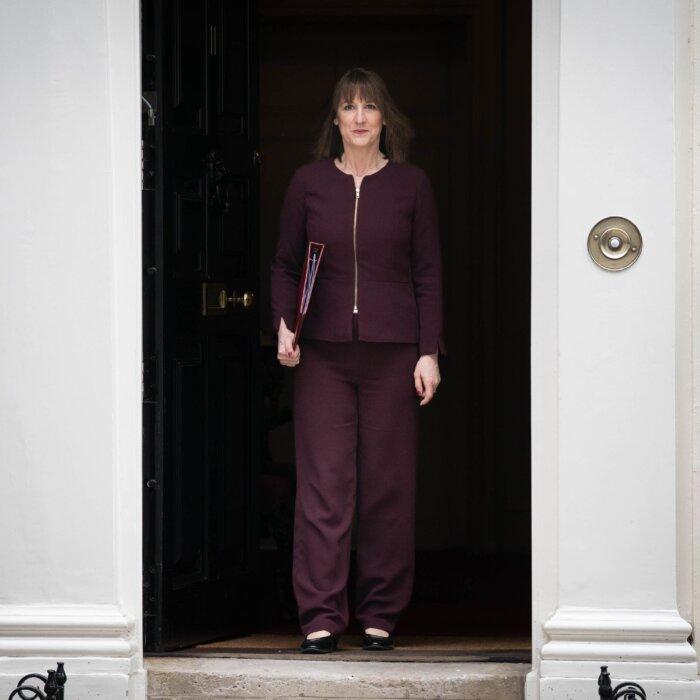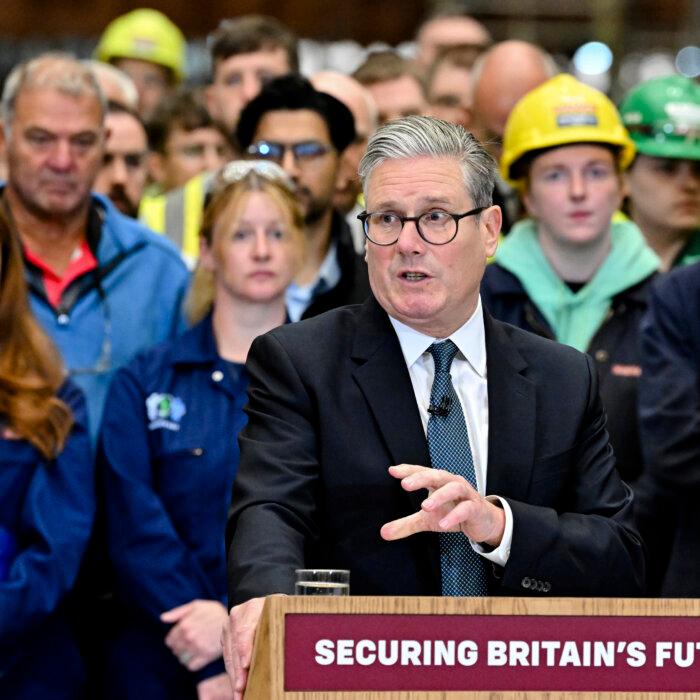Chancellor Rachel Reeves has reaffirmed the government’s commitment to its fiscal rules and pledged not to raise taxes on working people, even as economists warned of “unavoidably tough choices” ahead of next week’s Spending Review.
Reeves is due to outline departmental and investment budgets for the next three years on June 11.
Speaking in Rochdale on Wednesday, she described her fiscal rules as “non-negotiable,” insisting she would “never” jeopardise market confidence in the government’s ability to control spending.
The chancellor ruled out tax increases comparable to last October’s Budget, which saw a £40 billion rise.
“We have absolutely no intention of repeating a budget on that scale again,” she said.
Despite plans to deliver more than £300 billion in additional public spending over five years, Reeves acknowledged the funding will fall short of meeting all departmental needs.
“I’ve had to say no to things I want to do too,” she admitted, blaming what she called the previous Conservative government’s mismanagement of public finances.
The first glimpse into the government’s spending plans came with the announcement of a £15.6 billion public transport package for the north and Midlands.
Reeves said the investment is part of a broader effort to tackle the “uneven distribution of opportunity” across the UK. The funding will support the extension of metro systems in Tyne and Wear, Greater Manchester, and the West Midlands, as well as the renewal of transport links in South and West Yorkshire.
Fiscal Rules Under Scrutiny as Spending Pressures Mount
While Reeves’s fiscal strategy is designed to preserve market stability and enable long-term investment, economists warn it leaves little room to manoeuvre.The Institute for Fiscal Studies (IFS) said the government faces inevitable trade-offs. Demands from the NHS and Labour’s proposed boost to defence spending mean other departments are likely to see real-term cuts.
According to Capital Economics, the chancellor faces three core paths to manage the growing financial pressure.
One option is to shift funding between departments, cutting some areas to fund others.
This would involve cutting spending in some areas to fund priorities such as public sector pay rises, estimated at 3–5 percent. However, such cuts would be politically risky after years of austerity.
Another possibility is to relax the government’s borrowing rules, potentially freeing up around £17 billion in additional spending power. But such a move risks damaging Reeves’s fiscal credibility in the eyes of financial markets.

While Reeves has said she didn’t enter politics because she “cares passionately about fiscal rules,” she emphasised that rules “do matter” and noted she had changed them in the past when they no longer supported stability and investment.
The third option—raising taxes—remains politically sensitive. Labour has ruled out increases to VAT, income tax, national insurance, and corporation tax.
While taxing wealthier individuals or corporations may seem attractive, economists caution that such measures would not generate enough revenue to close the funding gap.
Proposals like extended threshold freezes or changes to Bank of England reserve interest could yield up to £20 billion, which is still short of what’s needed.
Analysts now believe the most likely outcome is a combination of all three strategies: selective spending cuts, limited borrowing, and modest tax changes.
Public Sector Appeals for Urgent Support
Ahead of the Spending Review, pressure is mounting from across the public sector for greater investment. Senior police leaders and government watchdogs have warned that further spending cuts could undermine core services.Metropolitan Police Commissioner Sir Mark Rowley has written to Prime Minister Sir Keir Starmer, warning that police forces will face “far-reaching consequences” if budgets are reduced, including having to prioritise which crimes they investigate.
His concerns were echoed in a separate letter from Domestic Abuse Commissioner Dame Nicole Jacobs and Victims’ Commissioner Baroness Helen Newlove, who cautioned that support services for victims are being “pushed to the brink” by stagnant funding and rising costs.
She expressed concern over reports that the Ministry of Housing is among the “unprotected” departments heading into the review. Eshalomi warned that without adequate investment, the government’s pledge to build 1.5 million new homes during this Parliament is at serious risk.
As Reeves prepares to deliver her first full Spending Review, the balancing act between fiscal discipline, economic stability, and growing demand for investment in public services will take centre stage.







